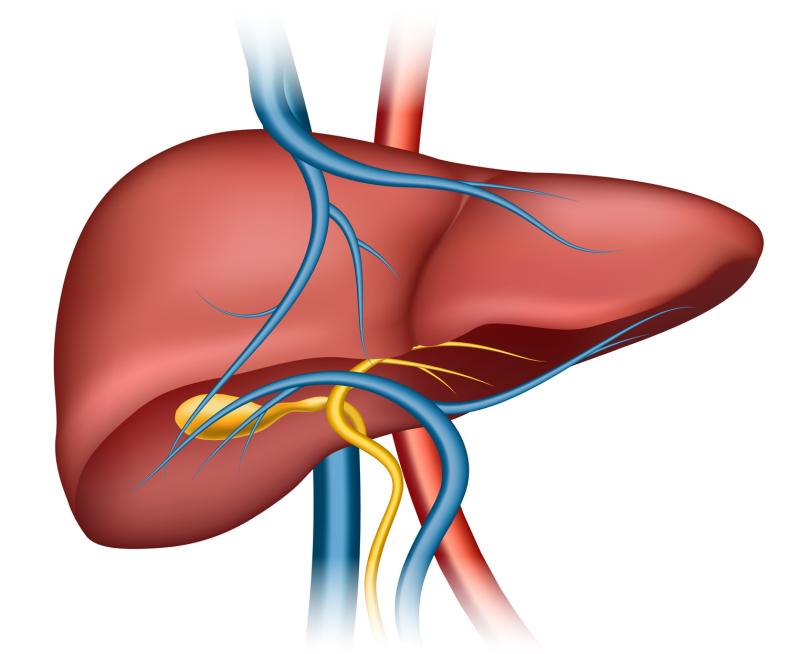
Among COVID-19 patients without severe chronic liver disease, liver abnormalities seen during infection are usually mild and tend to resolve over time, as reported in a study. These alterations are tied to increased risk of ICU admission but not death.
Researchers examined baseline and follow-up data on 515 SARS-CoV-2-positive patients (median age, 65 years; 62.7 percent male) from Italy to describe the evolution of liver involvement and its effect on clinical course and mortality.
All patients reported flu-like symptoms, including fever, cough, fatigue, or muscle pain. Forty-nine patients (9.5 percent) had gastrointestinal symptoms, such as diarrhoea, vomiting, abdominal pain, or rectal bleeding. Other symptoms reported were ageusia and/or anosmia (1.4 percent), conjunctivitis (1.2 percent), and dyspnoea (44.5 percent). Radiological signs of pneumonia were noted at the first clinical evaluation in 415 patients (80.6 percent).
In total, 448 patients (87 percent) patients were hospitalized, among whom 146 (32.6 percent) presented with acute respiratory distress syndrome and 77 (15 percent) required ICU admission.
Liver tests abnormalities were found in 161 (31.3 percent) patients; 105, 98, and 70 of them exhibited elevations in aspartate transaminase (AST), alanine transaminase (ALT), and gamma-glutamyl transferase (GGT), respectively. These alterations were mostly mild/moderate.
Multivariate logistic regression analysis showed that baseline liver tests abnormalities were associated with increased likelihood of an ICU admission (odds ratio [OR], 2.19, 95 percent CI, 1.24–3.89; p=0.007) but not with death (OR, 0.84, 95 percent CI, 0.49–1.41; p=0.51).
Conversely, alkaline phosphatase (ALP) peak values correlated with greater odds of death (OR, 1.007, 95 percent CI, 1.002–1.01; p=0.005), along with age, multiple comorbidities, acute respiratory distress syndrome, ICU admission, and C‐reactive protein.
The researchers noted that ALP might be considered a surrogate marker of virus-related liver injury, with its peak value seemingly predictive of a worse prognosis.